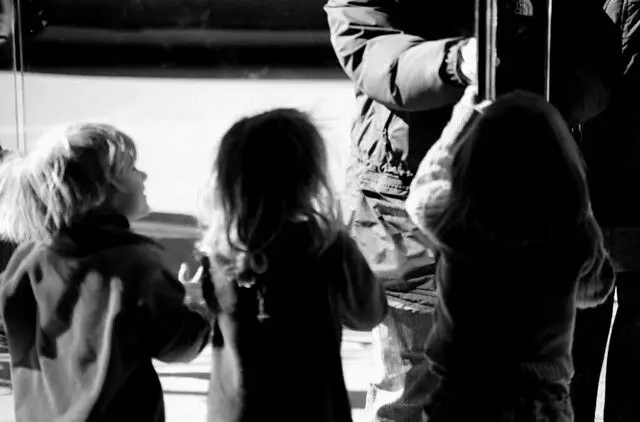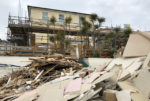Joint Isle of Wight Branch Secretary, Peter Shreeve, shares this latest news on behalf of the National Education Union. Ed
Child poverty is becoming the ‘new normal’ in parts of Britain as poverty rises fastest in the poorest areas, according to End Child Poverty – the UK’s leading child poverty coalition, who published new figures on the level of child poverty this month.
Nationally figures show:
- more than half of children are growing up in poverty in some constituencies
- impoverished areas are seeing the greatest rises in child poverty
- the highest child poverty figures in big cities, particularly London, Birmingham and Greater Manchester
- 500,000 more children are having their lives limited by poverty today than at the start of the decade
IW children living in poverty
Peter Shreeve, joint local secretary for the National Education Union said:
“According to End Child Poverty 9,679 children on the Isle of Wight live in poverty. That’s 34.3 per cent of children, or over ten students in a class of 30!
“That is an increase on last year’s figures of 29.5% or nine students in a class. What is being done to mitigate this hardship?”
He went on to say,
“In January local Cllr Michael Lilley proposed a motion to explore with Isle of Wight council officers additional ways of being even more ambitious in bringing down rates of child poverty further and more rapidly.
“Last year the Red Box Project was created to help tackle period poverty in Island schools with more than 20 schools already working with the project to provide sanitary products for pupils.
“A survey by the National Education Union (NEU) last month found nine out of 10 school staff believe poverty is having “a detrimental effect” on their pupils’ education. Often, pupils have no space to do homework in their overcrowded home, they fall asleep in class because they can’t get a good night’s sleep.
“Financial hardship means being unable to afford PE kit, school uniform or basic stationery. Pupils feel ashamed to turn up without them.
“Students are struggling to concentrate in class simply because they are hungry. There are now six Isle of Wight foodbanks and the Trussell Trust distributed 755 food parcels locally to children between April and September 2018.”
Long-lasting effects of poverty
Mr Shreeve added,
“We know, child poverty has long-lasting effects. By GCSEs, there is a 28 per cent gap between children receiving free school meals and their wealthier peers in terms of the number achieving at least 5 A*-C GCSE grades.
“Why isn’t the attainment gap in educational progress between disadvantaged pupils and their peers closing? According to the Education Policy Institute annual report ‘Education in England 2018’, the level of disadvantage on the Island has worsened since 2012. Indeed, the area with the largest absolute disadvantage gaps nationally is the Isle of Wight. There is a 27.2-month gap relative to non-disadvantaged pupils.
“One of the Policy Institute’s recommendations is to promote a strategy of poverty alleviation to improve the attainment of disadvantaged students.
“The National Education Union agree – it’s time to strengthen the safety net for struggling families, so that everyone can go as far as their talents can take them.”
Image: brianboulos under CC BY 2.0





